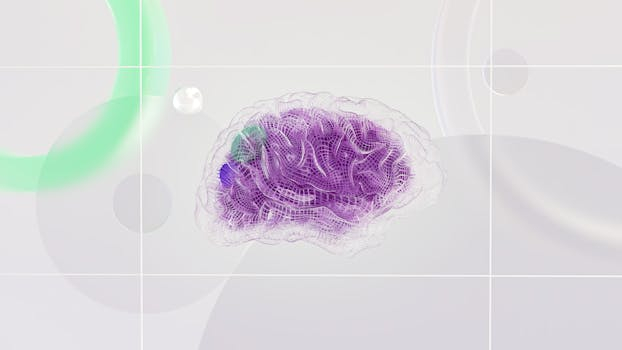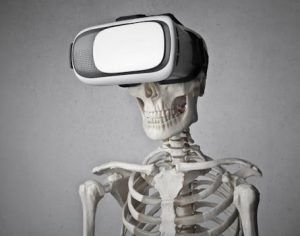The Era of AI Brains: Creating Your Personal Digital Memory Bank
The rapid advancements in artificial intelligence technology have brought about a new era – the era of AI brains. With machines and algorithms becoming more sophisticated than ever, we are now able to create a personal digital memory bank using these intelligent systems. Our memories, thoughts, and experiences can be stored and accessed through AI, revolutionizing the way we think about our own memories and how we interact with technology. In this article, we will explore the concept of creating a personal digital memory bank and its potential impact on our lives.
The Purpose of a Personal Digital Memory Bank
But first, let’s understand what exactly a personal digital memory bank is. It is a digital repository of our memories and experiences, similar to a traditional memory bank but backed by AI technology. One might wonder, why do we need such a thing? The answer lies in the limitations and fallibility of human memory. Memories tend to fade and become distorted over time, making it difficult to recall specific details or events accurately. By storing our memories digitally, we can ensure that they are preserved in their original form and can be accessed at any time.
In addition, a personal digital memory bank also offers the convenience of organizing and accessing memories effortlessly. With traditional methods, we often struggle to find a particular memory, especially as we grow older and our memory starts to decline. AI technology, on the other hand, can efficiently categorize and retrieve memories based on keywords or cues, making it easier for us to access them.
Technology That Makes It Possible
The development of AI technology has played a central role in making a personal digital memory bank a reality. The two primary AI techniques used for this purpose are natural language processing (NLP) and deep learning.
Natural language processing, as the name suggests, deals with understanding and processing human language. With NLP, AI systems can comprehend written or spoken words, which is essential for a personal digital memory bank. Our memories are often written or recorded in some form, and NLP allows AI systems to understand the context and meaning behind them.
Deep Learning, on the other hand, is a technique that enables AI systems to learn by themselves without being explicitly programmed. It involves training a neural network on a large dataset, allowing it to recognize patterns and make decisions based on the data. This is crucial for a personal digital memory bank because it allows the AI system to learn and adapt to our thought processes and categorization methods, making it easier for us to retrieve memories.
Benefits of a Personal Digital Memory Bank
The concept of a personal digital memory bank offers several advantages, including:
Preserving Memories for Future Generations
A personal digital memory bank allows us to pass on our memories to future generations. Traditional methods, such as journaling or recording videos, may not survive the test of time. However, with a digital memory bank, our memories can be stored indefinitely and can be accessed by our loved ones even after we are gone.
Improving Mental Health
Studies have shown that reminiscing on past experiences and memories can have a positive impact on mental health. By having a personal digital memory bank, we can easily revisit and relive our cherished memories, which can help boost our mood and overall well-being.
Enhancing Productivity
A personal digital memory bank can also help improve productivity. Often, we spend a considerable amount of time trying to remember certain details or events that are essential for work or personal tasks. With a digital memory bank, we can quickly search for and retrieve the information we need, saving us time and energy.
The Future of Personal Digital Memory Banks
As with any emerging technology, the potential of personal digital memory banks is still being explored. In the future, we can expect to see further advancements in AI technology, making the concept even more powerful and efficient. Perhaps one day, our digital memory banks will not only store memories but also generate new ones, blurring the lines between human and machine.
On the flip side, the idea of an AI-backed digital memory bank also raises ethical concerns. Who owns our memories once they are digitized? Can it be hacked or manipulated? These are important questions that need to be addressed as the technology continues to evolve.
Conclusion
In conclusion, the era of AI brains has brought us the potential to create a personal digital memory bank, changing the way we think about and interact with our memories. This technology can enhance our lives in various ways, from preserving memories for future generations to improving productivity and mental health. However, it is essential to consider the ethical implications and continue to monitor these advancements to ensure they are beneficial to society. Only time will tell what the future holds for this exciting and game-changing concept.










